Van Wilder, Part Deux
Van Wilder, Part Deux

Remember that day in 8th grade when you showed up for gym class only to find that you’d been matched against Fred, the 6’2 195 lb. Armenian exchange student, clad with a full beard and a less than welcoming look in his eye, in the wrestling drills for the day, and all you could think, aside from “damn,” was “is he really 13?” I don’t, because I never wrestled and never knew an Armenian named Fred, but you should get the picture. We have all had those moments when we wonder about somebody’s age and whether they should be allowed to compete against a younger (in a bad way) crowd.
It seems to be a common theme for many people to claim about the unfair advantage that “all those darn foreigners” have because of their supposed age advantage. After all, it’s often said that distance runners don’t really begin to hit their aerobic peak until age 26. Regardless of whether “those darn foreigners” are too old or not, you don’t hear much about other athletes who receive certain age exemptions.
The NCAA allows several service exemptions to the “4 from 5” rule via bylaw 14.2.1.2. This bylaw allows anybody who spends time in the armed services, on official religious missions or with recognized foreign aid services of the U.S. government, to be exempt from that time counting against their eligibility.
It’s hard to see a two year hiatus in the military being very beneficial to your proper athletic development, given the mental and physical stresses required to military duty, but what about the mission trip? Could it be argued that a mission trip allows an unfair training advantage? Even though it’s not military service, a mission trip is not a walk in the park and requires strict adherence to the rules; something we may not always consider. Take Miles Batty, for instance. Miles hardly had the opportunity to train during his two year break and actually returned to BYU very out of shape. So does the age advantage outweigh the training detriments, vice versa, or do they balance? Should other athletes be given another option short of military service?
Watch more video of 2009 Brooks ISU Pre Nationals on flotrack.org
Personally I wasn’t ever very affected by the rule, and thus I don’t have a very strong opinion on the matter, but I don’t think that any one individual should be granted an advantage over another. Do mission trips provide and advantage? Just remember to try and be understanding of Fred, even when he has you in a crossface cradle pin while simultaneously smearing your puny face into the mat. It’s not really his fault that he’s a monster of a child with two years on you, just as it’s not the fault of anybody who qualifies for rule 14.2.1.2, but a fault, if any, of the system. Thoughts? We would love to hear from folks who have firsthand experience with balancing (or not) a mission trip with running.
Disclaimer: This is not meant to attack mission trips, what they stand for, or the people who take them; this is meant to rouse discussion of the rules.
Related Content
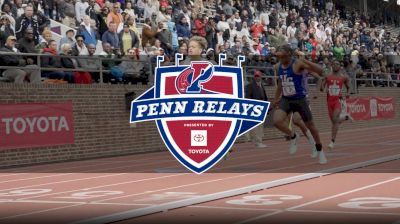 Penn Relays 2024 Preview Hype
Penn Relays 2024 Preview HypeApr 23, 2024
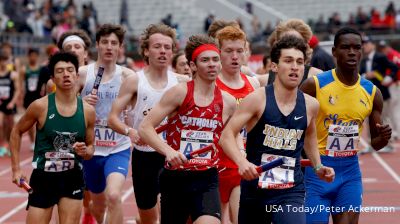 Qualifying Standards For Penn Relays 2024: Here's What To Know
Qualifying Standards For Penn Relays 2024: Here's What To KnowApr 23, 2024
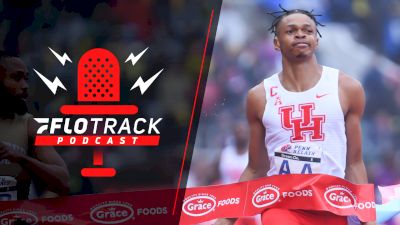 Diamond League Xiamen Reactions, Plus Previewing Penn Relays | The FloTrack Podcast (Ep. 663)
Diamond League Xiamen Reactions, Plus Previewing Penn Relays | The FloTrack Podcast (Ep. 663)Apr 23, 2024
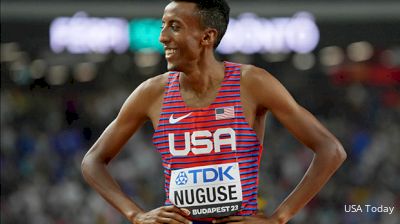 Five Big Storylines To Watch Out For Heading Into The Penn Relays
Five Big Storylines To Watch Out For Heading Into The Penn RelaysApr 23, 2024
 How to Watch: FloTrack Podcast Live from Penn Relays | Track and Field
How to Watch: FloTrack Podcast Live from Penn Relays | Track and FieldApr 23, 2024
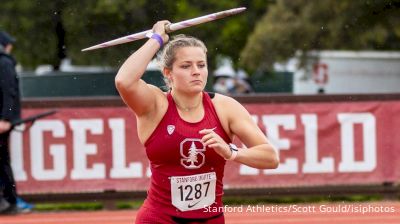 Payton Jordan Invitational Schedule 2024: What To Know
Payton Jordan Invitational Schedule 2024: What To KnowApr 23, 2024
 How to Watch: 2024 Gulf South Outdoor Track & Field Championship | Track and Field
How to Watch: 2024 Gulf South Outdoor Track & Field Championship | Track and FieldApr 22, 2024
 Here's Why You Don't Want To Miss The Bryan Clay Invitational
Here's Why You Don't Want To Miss The Bryan Clay InvitationalApr 22, 2024
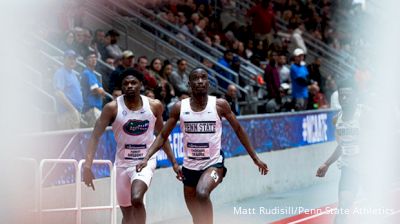 Cheickna Traore Is Up Next. The Former D3 Star Has Elite NCAA Potential
Cheickna Traore Is Up Next. The Former D3 Star Has Elite NCAA PotentialApr 22, 2024